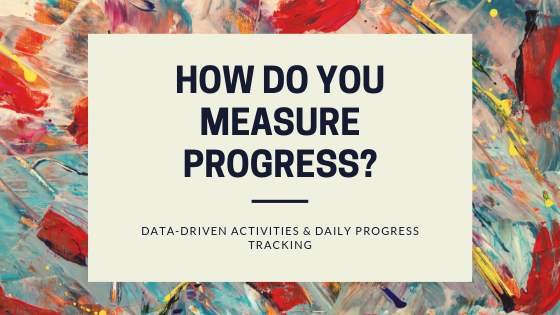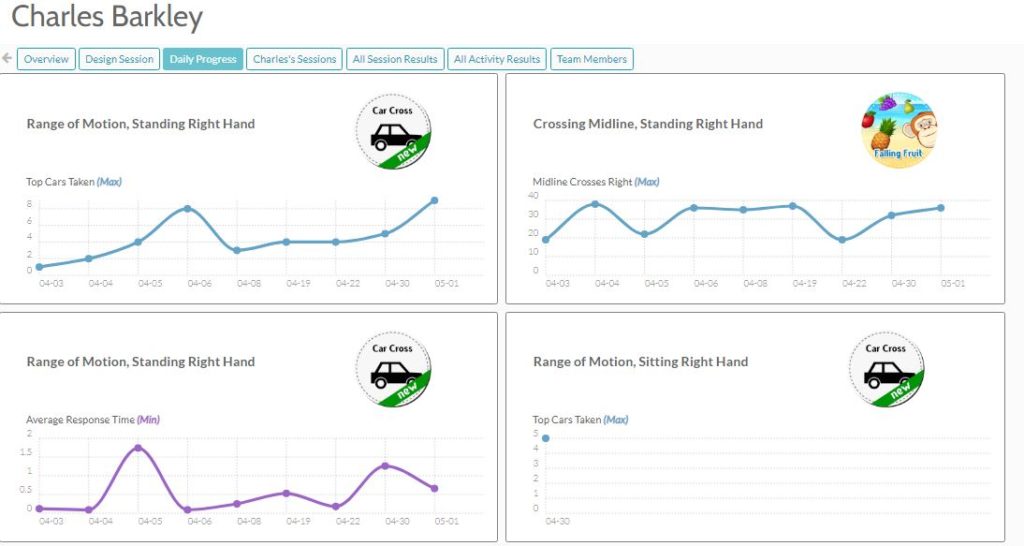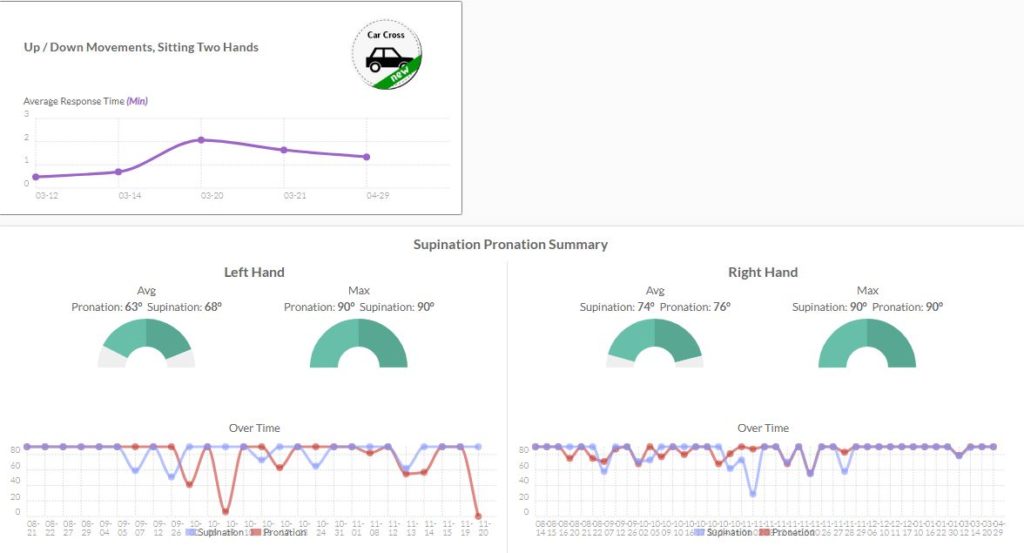Four leaders in the skilled nursing therapy space gathered last week to discuss the state of therapy during COVID-19. They shared challenges and even some wins that have occurred over the past three months in this new normal for long-term care facilities.
Featured panelists were Andrea Gale, VP of case management, Marquis Health Services; Michael Sciacca, CEO, Zimmet Healthcare; and Ian Oppel, OTR, CCO, RESTORE Skills; and Aaryn Crosby, CEO, Adaptive Rehab. Monitoring the discussion was RESTORE Skills CEO Eran Arden.
Highlights of the discussion included the following. Click here to watch the full webinar video. Click here to find out about our COVID-19 special for a better therapy solution during COVID-19.
The challenges for therapy in skilled nursing facilities are many.
Among those challenges the panelists defined are the following:
Andrea: Helping residents stay connected to loved ones
Mike: The skilled nursing facility industry is lean in a normal time. There's not a lot of redundancy, and the resilience of these organizations has been challenged now that a pandemic has been brought upon them.
Aaryn: Finding ways to address staffing issues and adjust workflow to accommodate for social distancing is a challenge. We’re having to find ways to figure out how to provide quality functional treatment in people's rooms in a way that's portable.
Ian: There are 2.4 million people in long-term care facilities. We have been entrusted with a great responsibility and an escalated need for transparency and accountability beyond what we have previously known.
Andrea: We're seeing an increase in depression and other comorbidities among long-term care patients. Short-term patients are worried about being in the nursing home and not having a family member to sit by their side and advocate for them.
What therapy looks like in skilled nursing facilities during COVID-19
While challenges may seem insurmountable, skilled nursing facilities across the country continue to provide excellent care, and even in some cases, are improving aspects of that care in creative, new ways. Our panelists discuss what they're seeing on the ground in facilities and with patients.
Aaryn: In some ways, we are providing a higher quality of treatment during this pandemic. We’re using RESTORE Skills to provide therapy because it's portable and we can roll it down the hallway to bring it into patient rooms. We get them out of bed to do therapeutic activities right there in their rooms. We can connect them with loved ones and everyone feels better knowing their loved ones are okay.
Ian: There is truly no team better suited to mitigate the physical, cognitive, and psychosocial risks of isolation than the rehabilitation team. Therapists can add immense value in this new normal, but it is essential they are afforded the time, tools, training, and support. In return, therapists have to be open to changes in the current care delivery model. Staggering schedules to have an extended presence beyond typical 7am-5pm windows with the majority of service between 9-3, lessening resistance to change and ensuring that therapy sessions demonstrate resourcefulness, meaning, engagement, and as much as possible, fun. As therapists, we have a responsibility to connect families and friends of loved ones with video chat to build trust through transparency, allow for encouragement, and provide an opportunity for patient/family education/training.
Andrea: During COVID we’re using laptops in the rooms as well as and using RESTORE Skills in a streaming mode so we can do group exercise and residents feel like they’re with a team. We even have a leader board.
Covid-19’s lasting impact on the future of SNF therapy
Panelists also discussed how meeting therapy needs during COVID-19 may change the industry permanently. And many of these outcomes look to be positive.
Mike: Our goal is to get patients active. Before COVID and PDPM, we were tied to therapy minutes and a whole generation of therapists are used to working like that. PDPM gives us all the flexibility to be creative. The pandemic exacerbates this need so that by necessity we have to be creative.
Ian: It's becoming more about the goal and less about the role. There is a clear shift taking place from a focus on individual competence and isolated outcomes in therapy to collective competence and optimizing patient-centered outcomes. Therapists are finding new ways to add value by integrating their care approach with activities, nursing, dietary, social services, and others as their presence has increased away from the therapy gym.
Andrea: It’s even more important now to share positive patient outcomes. We need to produce data on what we’re doing to make people feel at ease as possible. We’re now offering live virtual tours and having to be able to explain how skilled nursing therapy, activities, and a monitored diet can support recovery and help patients avoid readmission.
Mike: One of the lasting impacts of this will be telehealth therapy and that this has allowed us all to be more creative in how we provide care. There’s been rapid growth in technology to make our work lives more efficient, as well as increase the connection between family and institutions.
Andrea: As tech-savvy as we were, we still saw ways we can improve our use of technology for efficiency and communication. We have more Zoom and Facetime meetings for communication and care conferences with teams. Providers are moving to telemedicine and still continuing with rounds, but they are able to see more patients now that it’s virtual. And we haven’t seen a difference in outcomes, so we’ll continue to see this grow. Rounds with specialists over telemedicine have opened up avenues for multiple parties on team meetings so there’s more collaboration.
How RESTORE helps therapists meet goals
While skilled nursing facilities across the country are focused on protecting residents from Coronavirus, therapists face the added challenge to keep patients progressing in physical, occupational, speech, and cognitive therapy. Nearly 200 rehabilitation companies and skilled nursing facilities across the U.S. are turning to virtual therapy solution RESTORE Skills to keep patients active and engaged in their rooms – all while having fun and staying in touch with loved ones.
RESTORE Skills is an interactive software product for adult rehabilitation patients that uses any webcam-equipped, Wi-Fi-enabled device as a therapy tool in the gym, at the bedside, or at home post-discharge. The virtual gamification tool that ensures skill-building can happen anywhere is a game-changer during this COVID-19 outbreak.





